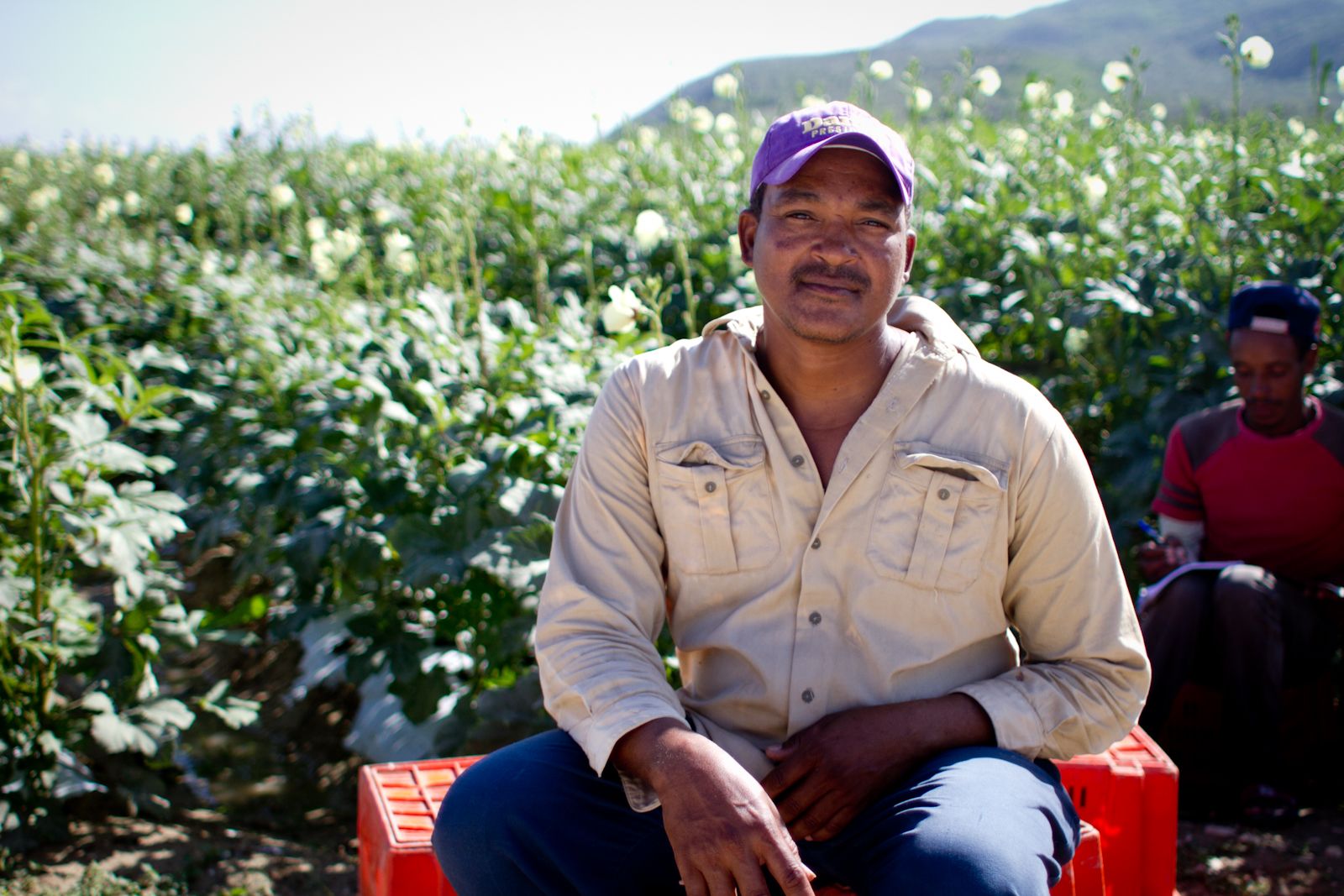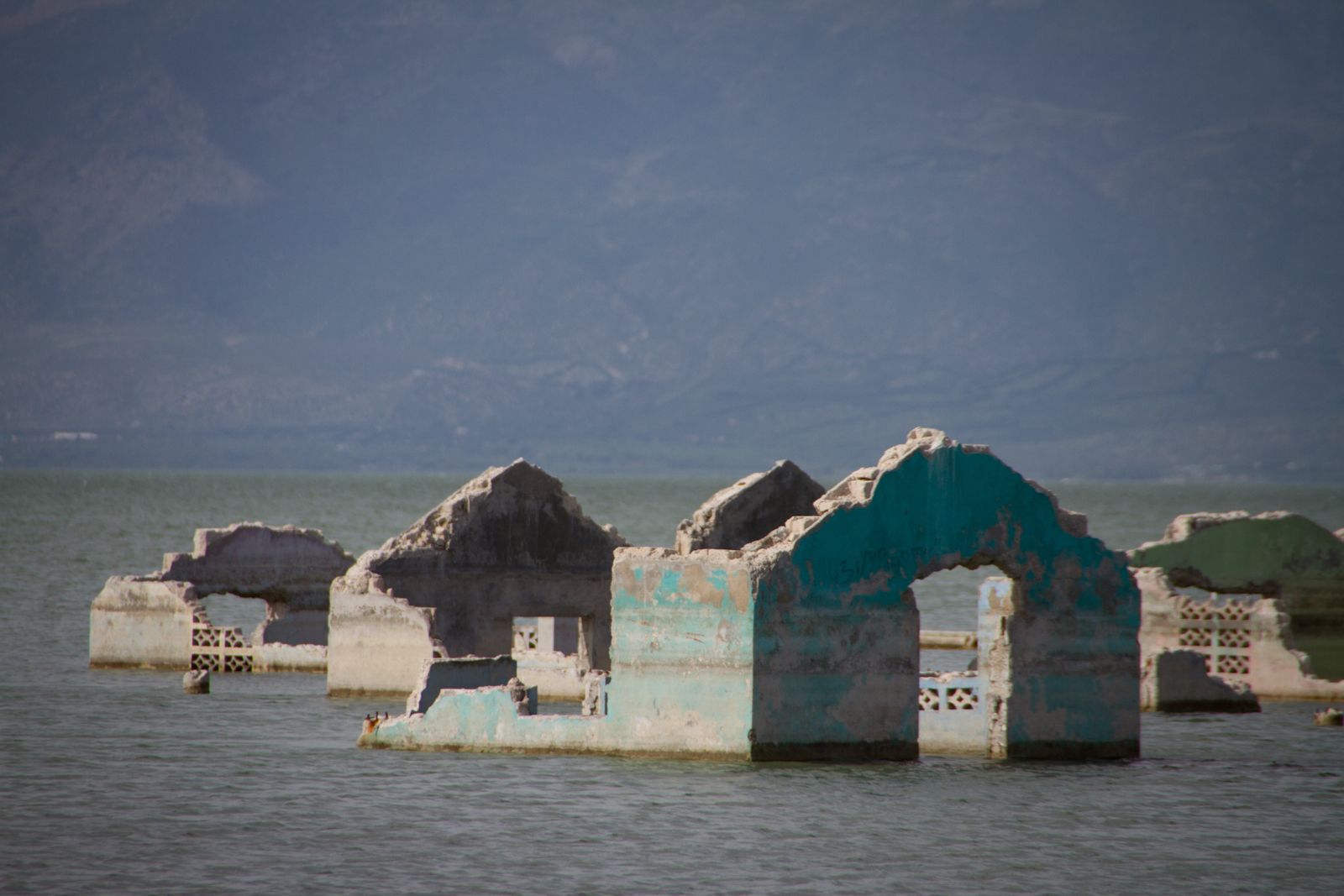HISPANIOLA—On the Caribbean island of Hispaniola, home to the sovereign nations of the Dominican Republic and Haiti, two large lakes are rising dramatically.
Lake Azuéi in Haiti submerged an entire community; across the border in the Dominican Republic, Lake Enriquillo has risen nearly 33 feet in just 10 years. As their land flooded, many farmers began cut-ting down trees to make charcoal to earn a living, leading to deforestation.
Scientists from across the globe have tried to solve the mystery behind the rising lakes. Some think climate change is to blame, arguing that warming sea created more evaporation and clouds, which led to more rainfall. But if true, that would be strange, because in most of the world climate change is causing lakes to shrink.
The phenomenon is spurring calls for more research to help explain—and mitigate—the situation. Until scientists are able to identify the cause and work toward a solution, thousands of farmers on this Caribbean island will have to adapt.
| Attachment | Size |
|---|---|
| 1.27 MB |









